Two million Hajj pilgrims complete journey to Mount Arafat
Tue 21 Aug 2018, 11:08:56
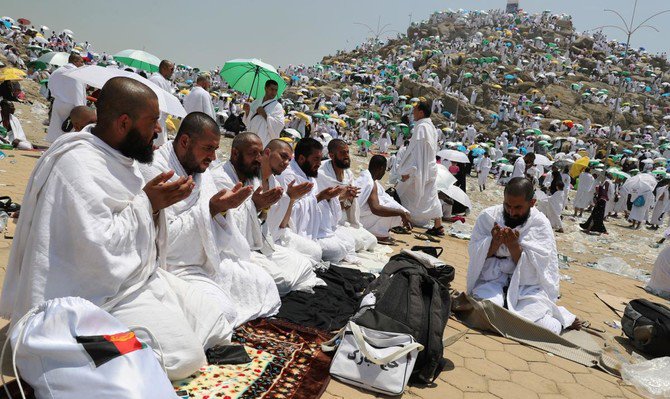
JEDDAH: Millions of pilgrims gathered on Monday on the plains of Mount Arafat to perform the pinnacle of the Hajj pilgrimage.
On Arafat pilgrims spent the day praying and repenting and praying for personal strength in the future.
It is the most important part of the Hajj pilgrimage, during which the Khutbah (sermon) of Hajj is narrated and Dhuhr and Asr prayers are offered together.
Buses could be seen parked around the hill as workers hurriedly picked up empty water bottles near a yellow sign that read “Arafat starts here” in both English and Arabic.
Carrying brightly colored umbrellas under the blazing sun, worshippers scaled the rocky hill southeast of the holy city of Makkah.
Arms raised, pilgrims repeated “There is no God but Allah” and “Allahu Akbar” (God is greatest).
“The feeling is indescribable,” said Umm Ahmad, 61, who made the journey from Egypt, told AFP.
This year almost 2.4 million Muslims, from every corner of the world, left Mina headed to Arafat. The pilgrims made the journey with ease the movement of traffic was smooth.
Some of the pilgrims — men in white seamless garments and women in loose dresses — pushed elderly relatives in wheelchairs on the second day of the Hajj.
Pilgrims had spent the night in an encampment around the hill where Prophet Muhammad (peace be
upon him) gave his last sermon.
upon him) gave his last sermon.
Others praying in the nearby Mina area ascended in buses or on foot from before dawn, as security forces directed traffic and helicopters and surveillance drones hovered overhead.
Some pilgrims carried umbrellas to protect themselves from the sun as temperatures passed 40C after an evening of thunderstorms and high winds.
Men and women from 165 countries gathered side by side, while soldiers handed out bottled water and some people snapped selfies.
The Hajj is one of the five pillars of Islam, which every Muslim is required to complete at least once in their lifetime if they are healthy enough and have the means to do so.
On Tuesday, Muslims will observe the first day of Eid Al-Adha, or Feast of Sacrifice, which marks the end of the Hajj. They traditionally slaughter sheep for the three-day festival, a tribute to the Prophet Ibrahim’s sacrifice of a lamb after God spared Ishmael, his son.
They will consume some of the meat and give the rest to poor people unable to buy food.
A new Kiswa, the cloth embroidered with verses from the Holy Qu’ran, was placed over the Kaaba in the Grand Mosque in Makkah early on Monday, in a traditional ceremony that takes place on the same day each year.
Pilgrims will return there to pray at the end of the Hajj.
No Comments For This Post, Be first to write a Comment.
Most viewed from International
Most viewed from World
AIMIM News
Latest Urdu News
Most Viewed
May 26, 2020
Should there be an India-Pakistan cricket match or not?
Latest Videos View All
Like Us
Home
About Us
Advertise With Us
All Polls
Epaper Archives
Privacy Policy
Contact Us
Download Etemaad App
© 2026 Etemaad Daily News, All Rights Reserved.

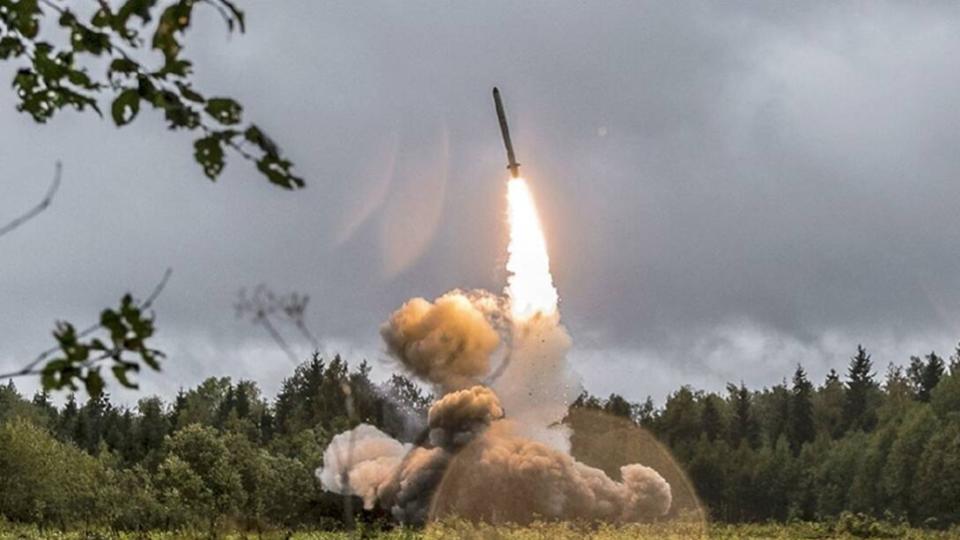
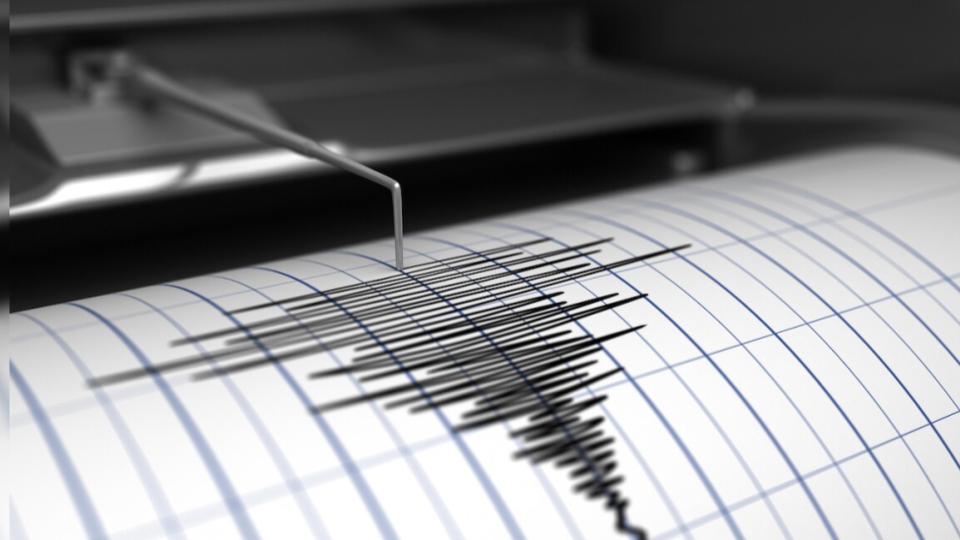
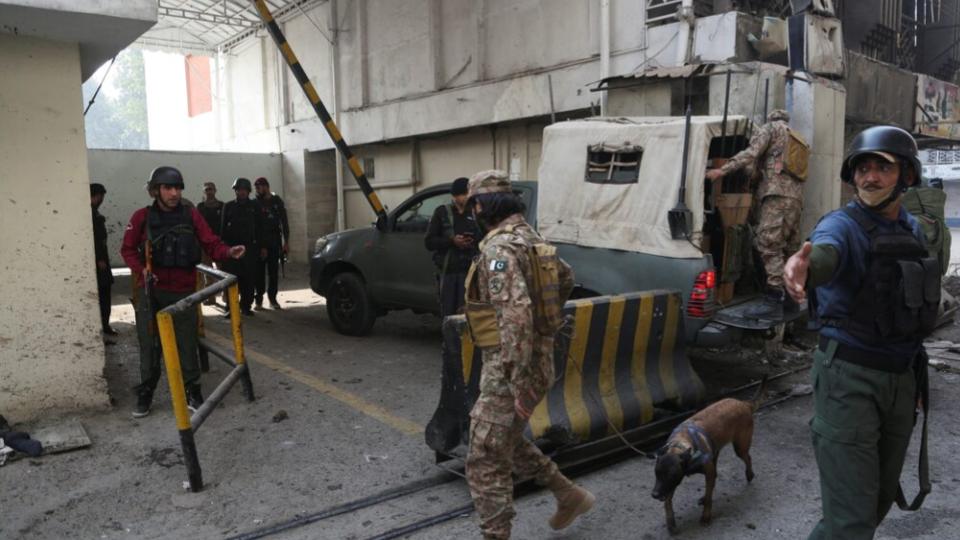
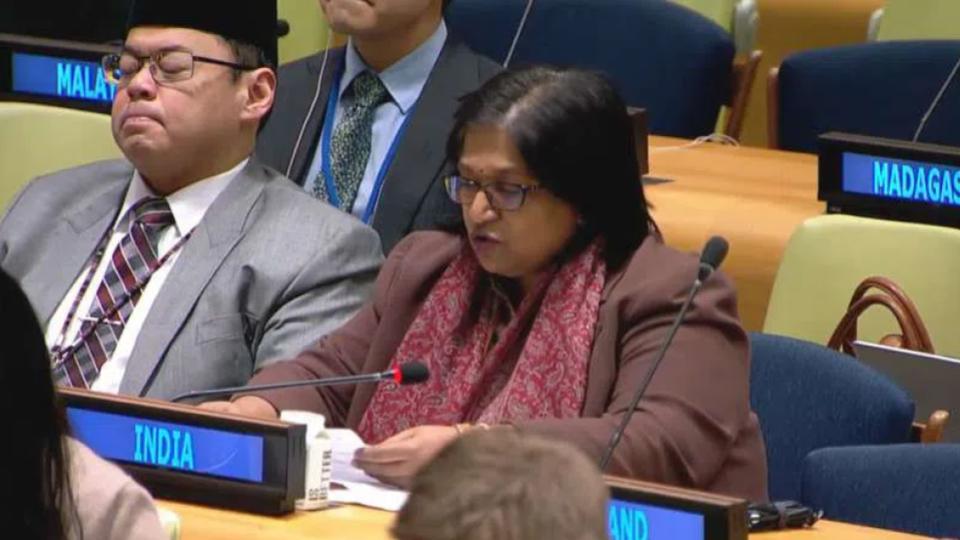
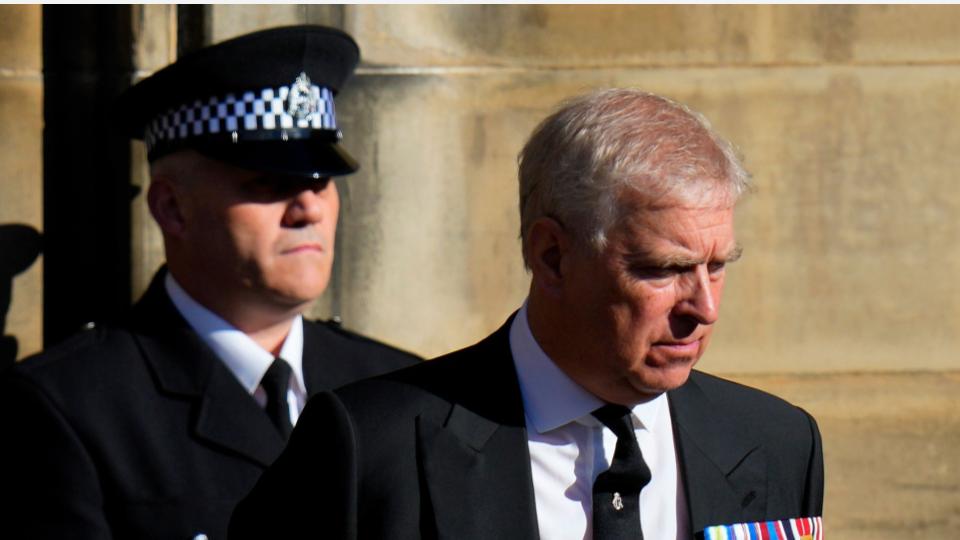




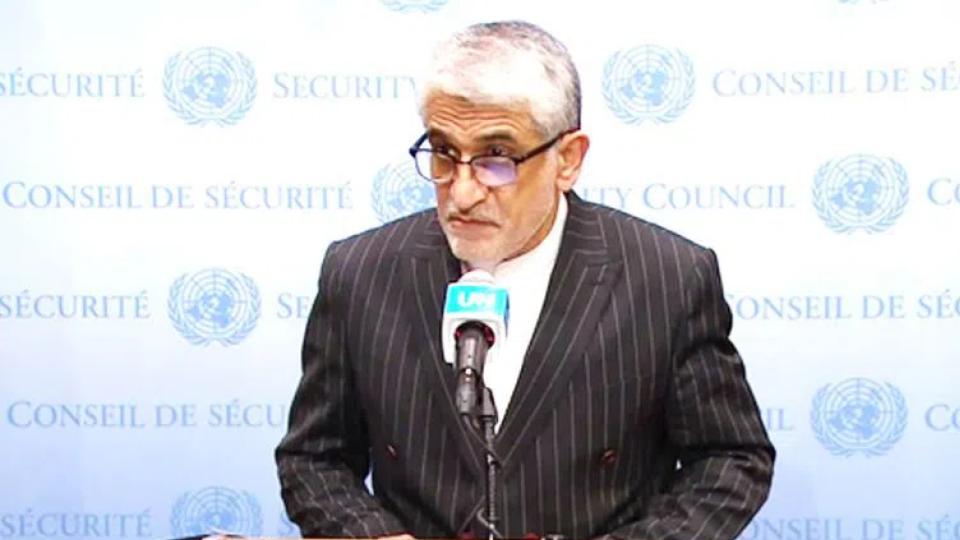
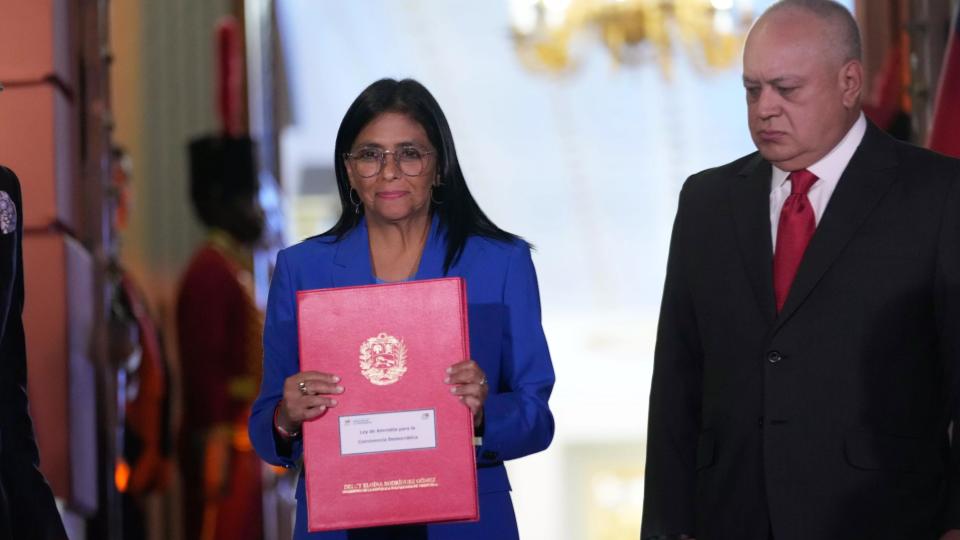
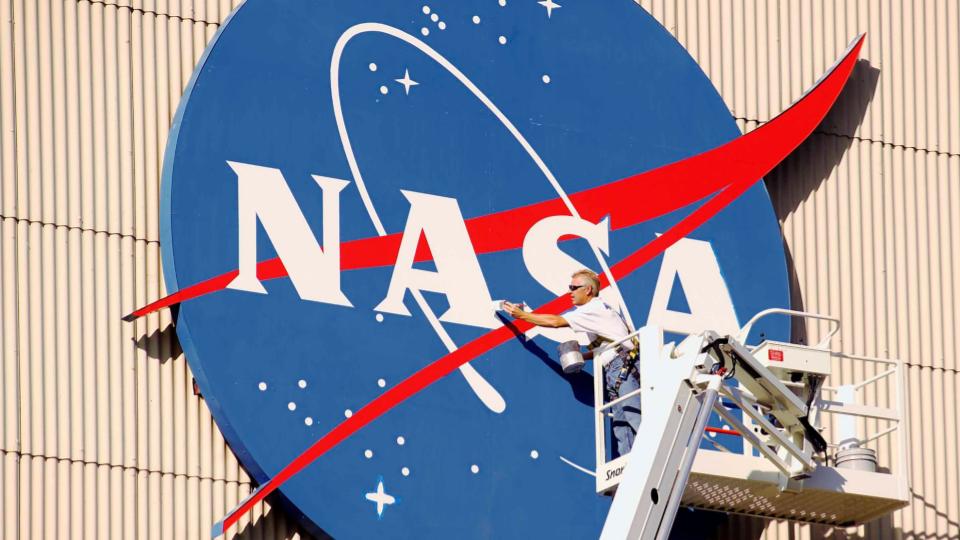

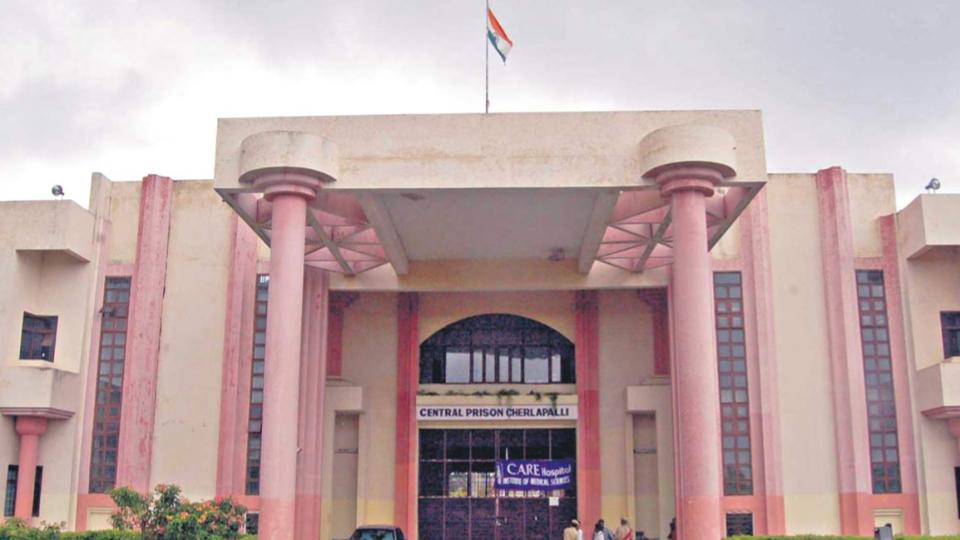

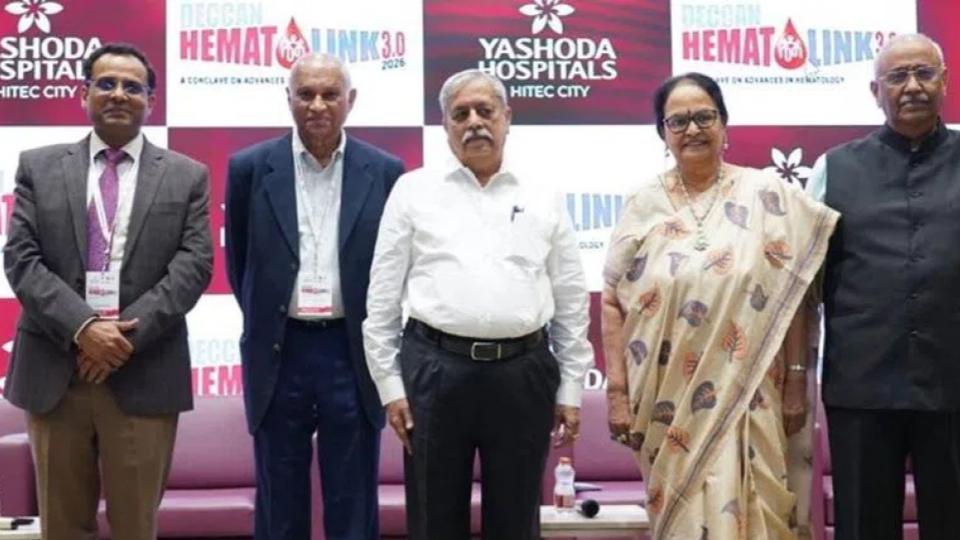

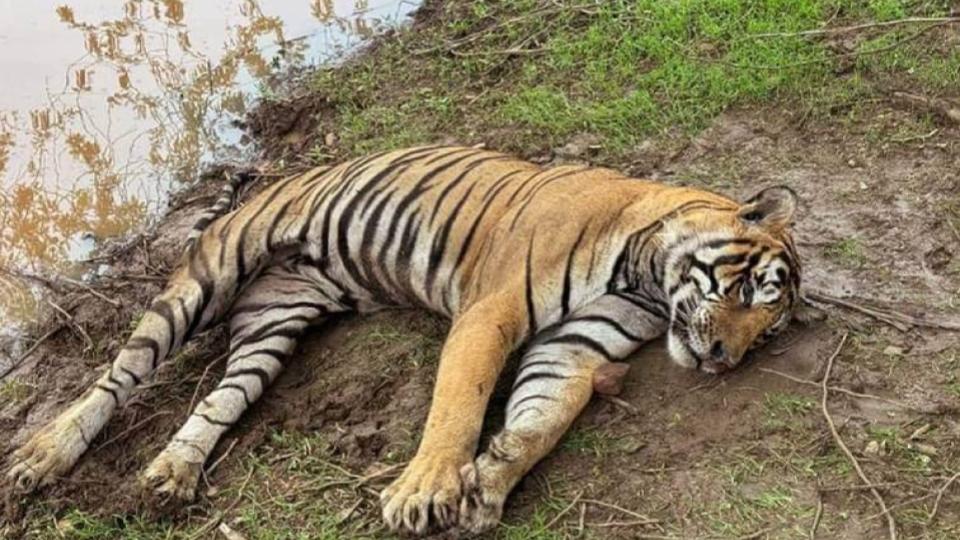



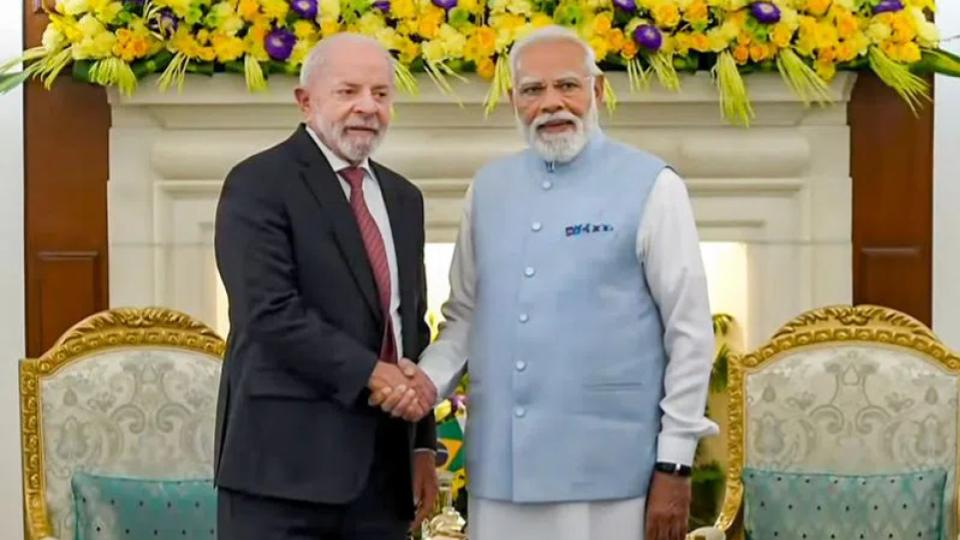

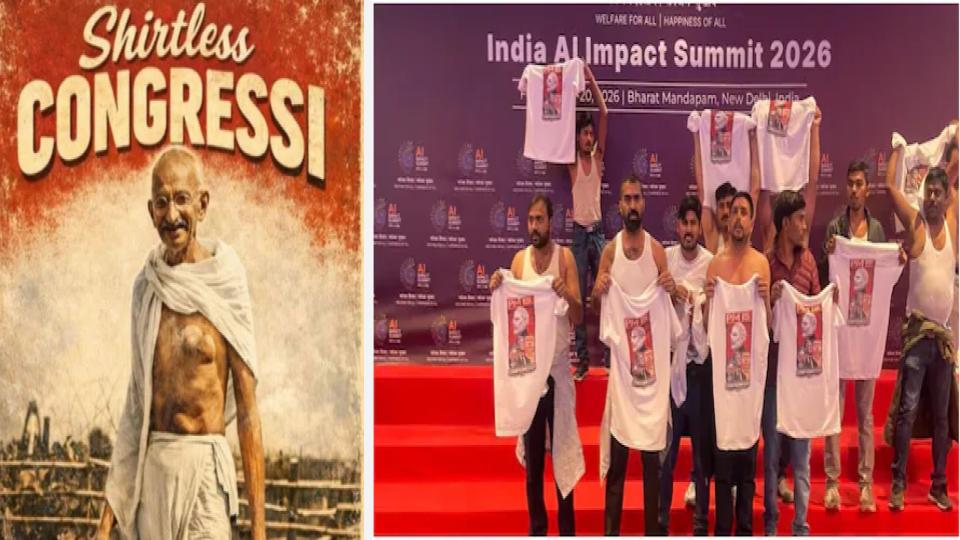












.jpg)
.jpg)
.jpg)


